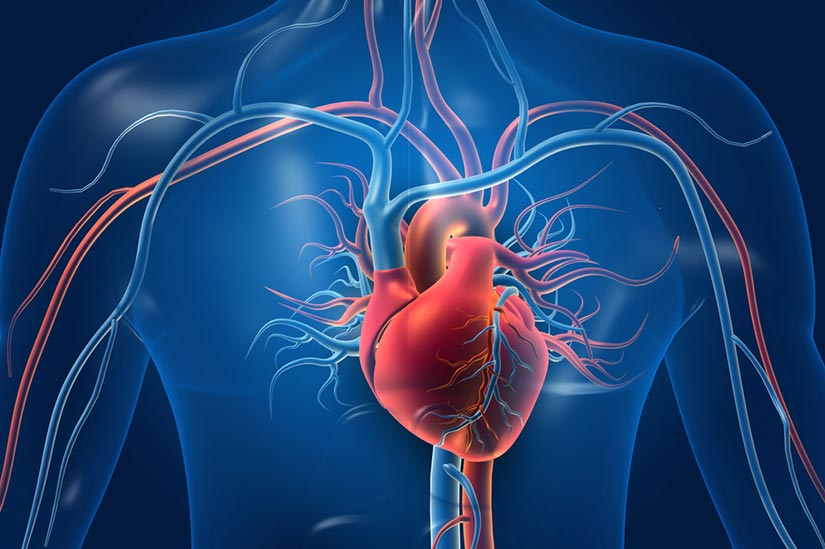Exercise and a healthy diet in childhood lead to adults with bigger brains and lower levels of anxiety, according to new UC Riverside research in mice. Though diet and exercise are consistently recommended as ways to promote health, this study is the first to examine the long-lasting, combined effects of both factors when they are experienced early in life. The researchers divided young mice into four groups – those with access to exercise, those without access, those fed a standard, healthy diet and those who ate a Western diet. They determined that early-life exercise generally reduced anxious behaviours in adults. It also led to an increase in adult muscle and brain mass. When fed “Western” style diets high in fat and sugar, the mice not only became fatter but also grew into adults that preferred unhealthy foods. “Our findings may be relevant for understanding the potential effects of activity reductions and dietary changes associated with obesity,” said UCR evolutionary physiologist Theodore Garland. In other words, getting a jump start on health in the early years of life is extremely important, and interventions may be even more critical in the wake of the pandemic.
How does the brain know when to pay attention?

Scientists from the Max Planck Institute for Empirical Aesthetics (MPIEA) and New York University (NYU) have identified the cognitive computations underlying this complex predictive behaviour using a simple but elegant experiment; researchers systematically manipulated the probabilities of whether and when sensory events will occur and analysed human reaction time behaviour. How does the brain know when to pay attention? Every future event carries two distinct kinds of uncertainty: Whether it will happen within a given time span, and if so when it will likely occur. This dynamic effect of whether an event will occur is independent of when it will happen. The brain knows when to pay attention based on independent computations of these two probabilities. The research team’s findings indicate that the human brain dynamically adjusts its readiness to respond based on separate probability estimates of whether and when events occur. The results of this study add significantly to our understanding of how the human brain predicts future events in order to interact accordingly with the environment.
Link between red meat & heart disease

An observational study in nearly 20,000 individuals has found that a greater intake of red and processed meat is associated with worse heart function. The study included 19,408 participants of the UK Biobank. The researchers examined associations of self-reported intake of red and processed meat with heart anatomy and function. Three types of heart measures were analysed. First, cardiovascular magnetic resonance (CMR) assessments of heart function used in clinical practice such as volume of the ventricles and measures of the pumping function of the ventricles. Second, novel CMR radio mics used in research to extract detailed information from heart images such as shape and texture. Third, the elasticity of the blood vessels. The researchers found that greater intake of red and processed meat was associated with worse imaging measures of heart health, across all measures studied. Specifically, individuals with higher meat intake had smaller ventricles, poorer heart function, and stiffer arteries.

